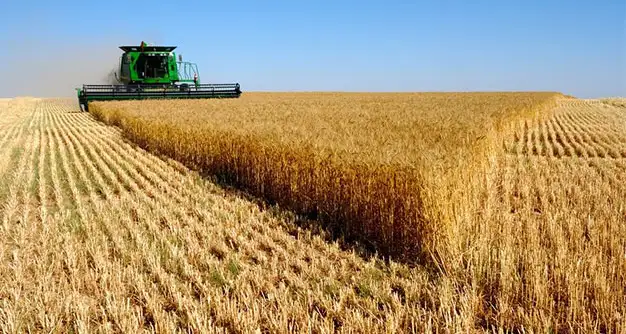The cereal collection campaign for the 2025 season has encouraging results with more than 826 thousand quintals collected on June 3, sharply increased compared to the same period in 2024. Kairouan largely dominates collection operations, according to figures from the Cereal Office.
The 2025 cereal campaign in Tunisia begins under promising auspices. As of June 3, 2025, the Cereal Office announced the collection of 826,825 quintals, marking a notable progression compared to the same period in 2024, where the quantities collected were significantly lower.
The distribution of cereals collected until this date is as follows: durum wheat: 467,550 quintals; Tender wheat: 3,111 quintals; Barley: 350,249 quintals; Triticale: 2,867 quintals.
The governorate of Kairouan is distinguished at the top of collector regions, with 53.88 %of volumes, followed by Zaghouan (14.53 %) and Siliana (7.80 %).
In 2024, at the same period, the quantities collected were significantly lower. The 2023/2024 season had recorded a total collection of 6.52 million quintals, with a predominance of durum wheat (5.7 million quintals), followed by barley (579,700 quintals) and tender wheat (222,000 quintals).
This increase in 2025 reflects an improvement in climatic conditions and increased mobilization of farmers and collection centers.
The Ministry of Agriculture provides for a total harvest reaching 18 million quintals for the 2025 season, a significant increase compared to the previous year. This optimistic estimate is based on favorable climatic conditions and sustained efforts to improve yields.
The national storage capacity is estimated at 7.6 million quintals, distributed between the silos of the cereal office and those of private operators. This infrastructure is essential to effectively manage the growing volumes of harvest.
In conclusion, the 2025 cereal campaign promises to be better, with increasing collection indicators and optimistic harvest forecasts. This positive dynamic could help strengthen the country’s food security and reduce its dependence on imports.








